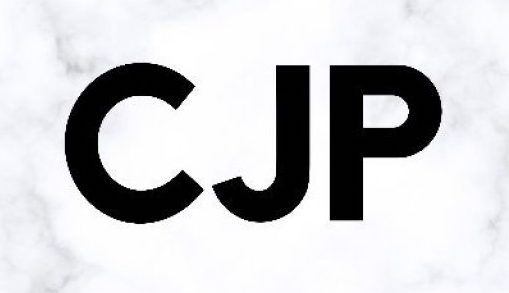Should your news outlet be a charity?
- George Brock
- Apr 10, 2024
- 2 min read
Last month, an indie news provider in the UK became the very first to receive charitable status because it provides 'public interest local news'. In this week's blog, the Charitable Journalism Project's George Brock discusses this development and answers some frequently asked questions about charitable status for news providers.

Have you ever considered that your news site could be a charity? If it has crossed your mind the idea might have quickly faded. You would note that while it might bring some tax and reputation advantages, actually getting registered as a charity would involve time and effort better spent on other things.
All in all, too complicated in legal terms, perhaps too expensive and definitely too time-consuming. And anyway, you could wonder, would our publication even qualify as a charity?
Let me see if I can help you rethink that.
The Charity Commission have just granted charity status to a local news provider for the only the second time and for the very first time on the grounds that it provides “public interest local news”.
The lucky winner is the Guildford Dragon News. Check it out. If you want to have a look at the full conditions under which the Dragon becomes a charity, look at ‘charitable objects’ here.
If you think that your news site might want to go down the route pioneered by the Dragon, here are some quickfire FAQs:
Does it cost a lot?
Specialist legal help is required, but given that the Dragon has set a template, the costs should come down and delays be shorter. The Charitable Journalism Project (CJP) can help you find legal advice at helpful rates. PINF helped with the Dragon’s costs.
Can we get income from advertising?
Yes. Exactly how that will work will depend on the precise organisational structure you choose.
Can we run journalism that is simply entertaining?
Yes: the decision on the Dragon allows some of that material aimed at pulling in income and growing an audience.
What do they mean by the ‘highest ethical standards’?
It’s advisable to have an editorial code of conduct which is transparent and enforceable. And to be under a regulator (the Dragon is regulated by Impress).
Don’t charities have to be non-political?
No. What the Charity Commission won’t put up with is a systematic and consistent slant in favour of one political organisation. Strong, independent opinion (either by the publication or its contributors) and well-evidenced investigative reporting should be ok. The Dragon’s notification rules out material which is ‘politically motivated, biased, inaccurate or which fails to observe a person’s right to privacy’.
If you'd like to learn more, you can contact the CJP, or get in touch with me directly: brock.desk@gmail.com.
George Brock is a trustee of the Charitable Journalism Project.
Sign up to our newsletter for more updates from PINF, and donate to support our work.
